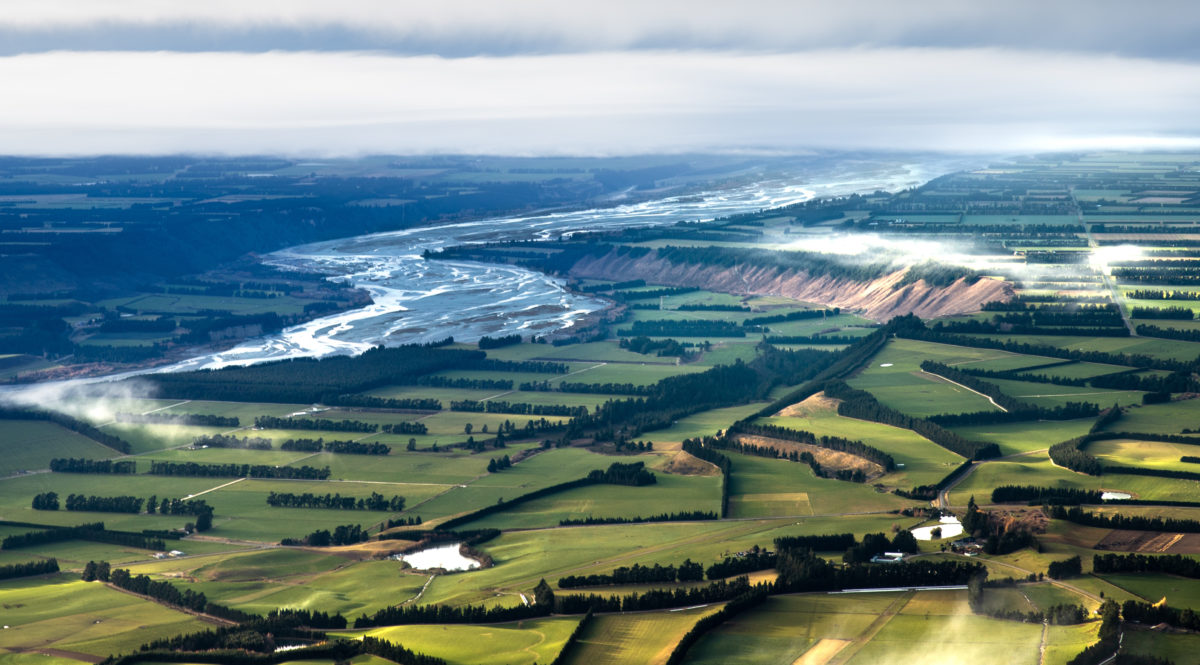Land use and agricultural system change in New Zealand has traditionally been slow and market driven. But increasing concerns around environmental issues like greenhouse gases and water quality have resulted in farmers becoming increasingly interested in low-impact alternative land use systems.
To better understand the potential barriers to land use transition, a collaborative study by scientists at Lincoln University, AgResearch, Plant & Food Research and Scion Research looked of at how land managers make decisions around land use transformation.
Using a multicriteria decision-making (MCDM) framework, the study assessed decision-making around land use in the South Island Central Plains Water Scheme (CPW).
Of the six domains identified as important in land use decision making (financial, market, social, environmental, knowledge and regulatory), the study found no single domain dominated decision making. However, financial considerations were weighted most heavily.
While the purpose of alternative land use systems is to address environmental and social challenges, the results of this study suggest that environmental factors were not at the forefront of land use decision making for this group of farmers, despite their awareness of the importance of environmental stewardship. Hence, without interventions to increase the attractiveness of alternative land use systems which meet the needs of land managers, current decision making is unlikely to lead to large-scale land transformation.
Te study identified other factors of importance to land managers that could provide an opportunity for central government and private sector support to facilitate land use transformation.
Journal Reference:
Renwick A, Dynes R, Johnstone P, King W, Holt L, Penelope J 2019 Challenges and Opportunities for Land Use Transformation: Insights from the Central Plains Water Scheme in New Zealand. Sustainability. https://doi.org/10.3390/su11184912
Source: Plant & Food Research












